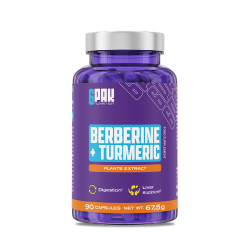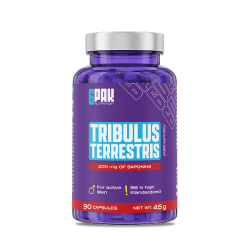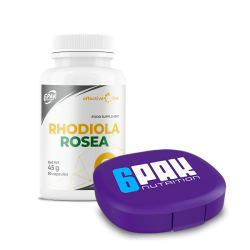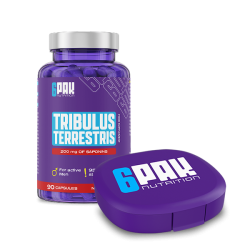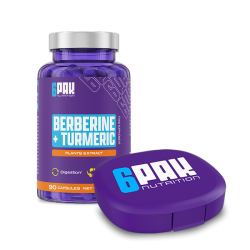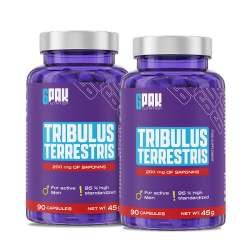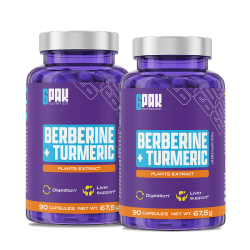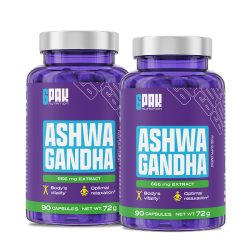Ashwagandha w kapsułkach - 90 kaps.
Podkategorie
Adaptogeny
5 (10)
25,99 zł
5 (2)
Berberine + Turmeric - 90 kaps.
39,99 zł
(brak opinii)
Rhodiola Rosea - Różeniec górski - 90 kaps.
24,99 zł
(brak opinii)
27,99 zł
5 (2)
24,99 zł

(brak opinii)
42,99 zł
(brak opinii)
30,99 zł
5 (1)
Tribulus Terrestris - Zestaw Dwóch Opakowań
37,99 zł
5 (1)
Berberyna - Zestaw Dwóch Opakowań
75,99 zł
5 (1)
Ashwagandha - Zestaw Dwóch Opakowań
49,99 zł
Loading...

